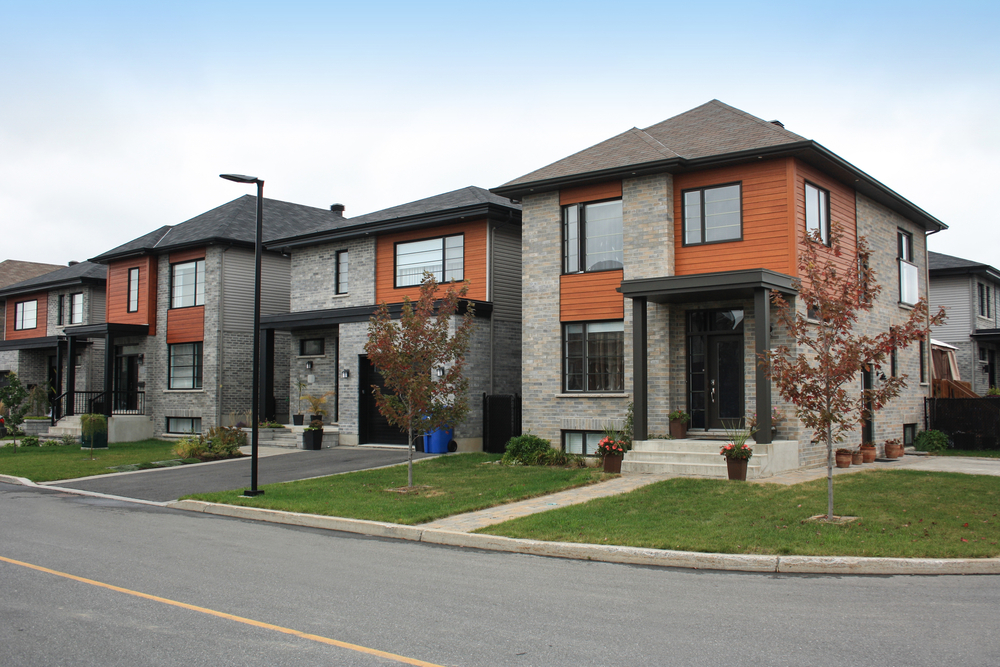Understanding Home Value: What Determines Your Property's Worth
The concept of home value is fundamental in real estate, impacting everything from property taxes to selling prices. Whether you're a homeowner, prospective buyer, or real estate investor, understanding what determines a property's worth is crucial. This article delves into the key factors that influence home value and explores how professionals conduct property valuations.

Other influential factors include:
-
Age of the property
-
Recent renovations or upgrades
-
Unique features or architectural style
-
Current real estate market conditions
-
Local economic factors
How do professionals determine property value?
Real estate professionals use various methods to assess a home’s value. The most common approach is the comparative market analysis (CMA), which involves examining recent sales of similar properties in the area. Appraisers and real estate agents look at comparable homes, considering factors like size, condition, and features to estimate a fair market value.
Another method is the cost approach, which calculates how much it would cost to rebuild the home from scratch, factoring in depreciation. This method is particularly useful for newer properties or unique homes without many comparables.
Why is understanding home value important?
Knowing your home’s value is crucial for several reasons. For homeowners, it helps in making informed decisions about selling, refinancing, or taking out a home equity loan. For buyers, understanding property values ensures they make fair offers and avoid overpaying. Additionally, property values impact property taxes, insurance premiums, and overall financial planning.
What role does the real estate market play in home valuation?
The real estate market significantly influences home values. In a seller’s market, where demand outpaces supply, home prices tend to rise. Conversely, in a buyer’s market with more homes available than interested purchasers, prices may stagnate or decline. Economic factors like interest rates, employment rates, and local development projects can also sway market conditions and, consequently, property values.
How can homeowners increase their property’s value?
Homeowners can take several steps to boost their property’s value:
-
Upgrade key areas like kitchens and bathrooms
-
Improve energy efficiency with better insulation or modern appliances
-
Enhance curb appeal through landscaping and exterior maintenance
-
Add usable square footage through renovations or additions
-
Keep up with regular maintenance and repairs
While these improvements can increase a home’s value, it’s important to consider the return on investment. Not all upgrades will yield equal returns, and some may even be counterproductive in certain markets.
What are the different types of home valuation methods?
Several valuation methods are used in the real estate industry:
-
Comparative Market Analysis (CMA): As mentioned earlier, this method compares the subject property to similar homes recently sold in the area.
-
Automated Valuation Model (AVM): This computer-driven approach uses public records and mathematical modeling to estimate home values quickly.
-
Appraisal: A licensed appraiser conducts a thorough evaluation of the property, considering its condition, features, and local market factors.
-
Income Approach: Primarily used for investment properties, this method calculates value based on the potential rental income the property could generate.
| Valuation Method | Provider | Key Features |
|---|---|---|
| CMA | Real Estate Agents | Personalized, market-based analysis |
| AVM | Online Platforms (e.g., Zillow) | Quick, data-driven estimates |
| Appraisal | Licensed Appraisers | Detailed, professional assessment |
| Income Approach | Investment Analysts | Focused on income-generating potential |
Understanding home value is essential for anyone involved in real estate transactions or property ownership. While various factors influence a property’s worth, from location to market conditions, professional valuation methods provide a structured approach to determining fair market value. By staying informed about these factors and methods, homeowners and buyers can make more informed decisions in their real estate endeavors.






